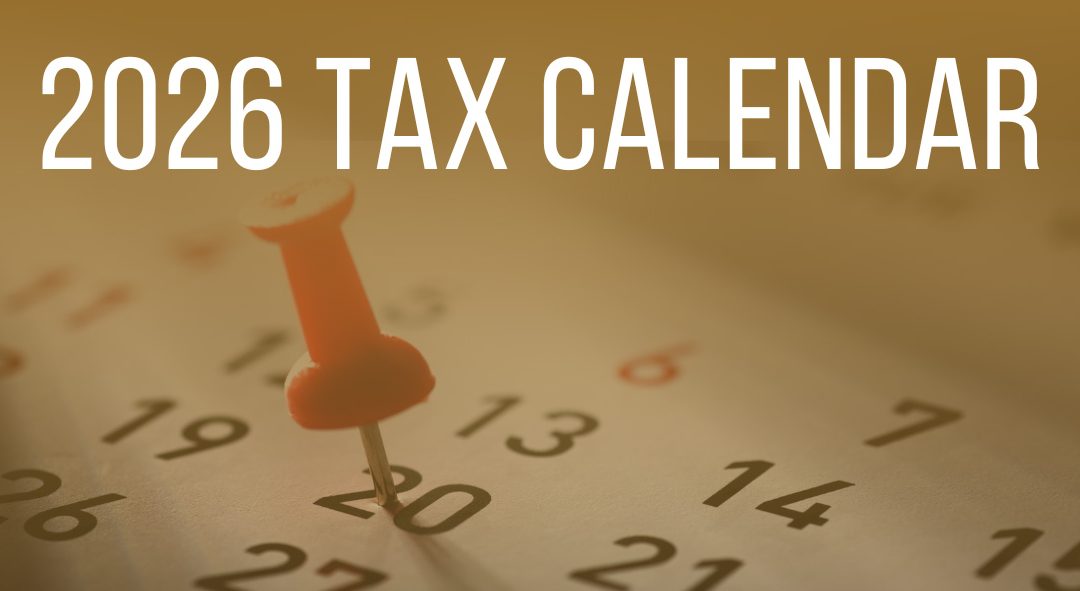If you itemize deductions on your 2025 individual income tax return, you potentially can deduct donations to qualified charities you made last year. But your gifts must be substantiated in accordance with IRS requirements. Exactly what’s required depends on various...
Blog
To help make sure you don’t miss any important 2026 deadlines, we’re providing this summary of when various tax-related forms, payments and other actions are due. Please review the calendar and let us know if you have any questions about the deadlines or would like...
Do you operate a business as a partnership, a limited liability company (LLC) treated as a partnership for tax purposes or an S corporation? In tax lingo, these are called “pass-through” entities because their taxable income items, tax deductions and tax credits...
The balance sheet shows your company’s financial condition — its assets vs. liabilities — at a specific point in time. However, the balance sheet is more than a static report. It can also serve as a diagnostic tool for managers and other stakeholders to analyze...
Every year, severe storms, flooding, wildfires and other disasters affect millions of taxpayers. Many experience casualty losses from damage to their homes or personal property. The One Big Beautiful Bill Act (OBBBA), signed into law last year, generally made...
With 2025 in the rear view mirror and the tax filing deadline on the road ahead, it’s a good time for businesses to start gathering information about their deductible expenses for 2025. But what’s deductible (and what’s not) might not be as clear-cut as you think....
From technical know-how to charisma and innovation, the skills and personal attributes of a company’s leaders are often critical to its success. But those same traits can become a source of risk if the business relies too heavily on its founder or another...
Your income statement indicates whether your business is profitable — but it doesn’t always explain why. For many small businesses, traditional cost accounting can mask where time and money are really being spent. Activity-based costing offers a practical way to...









